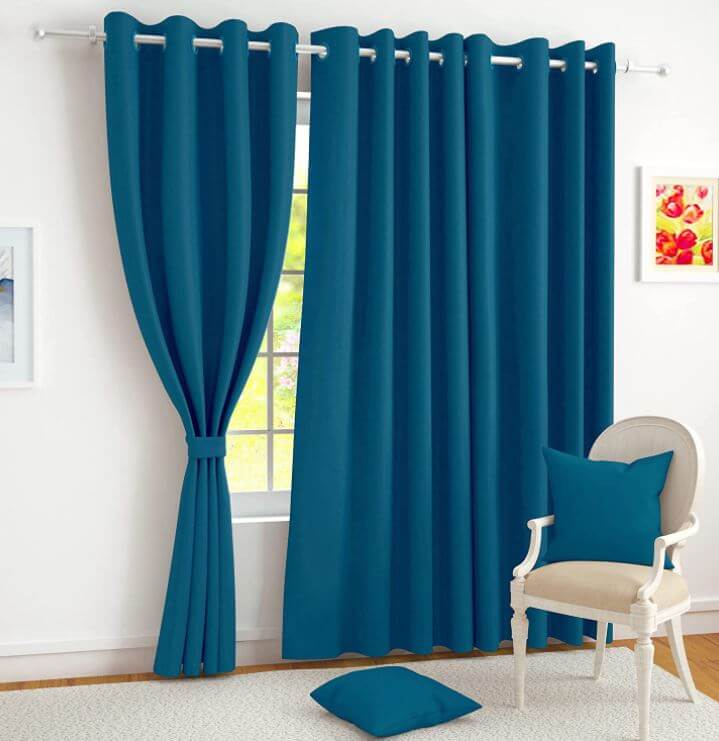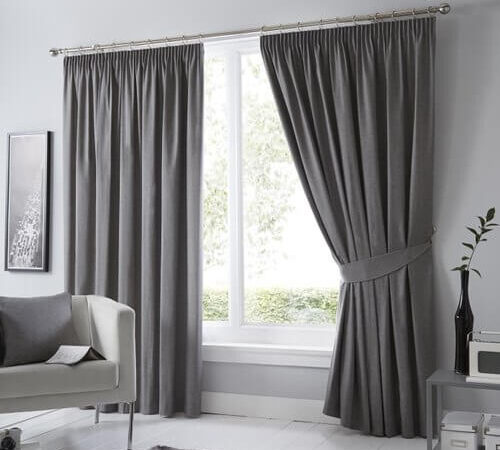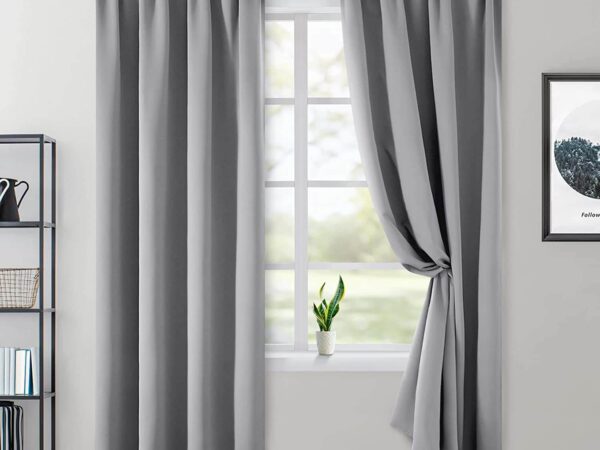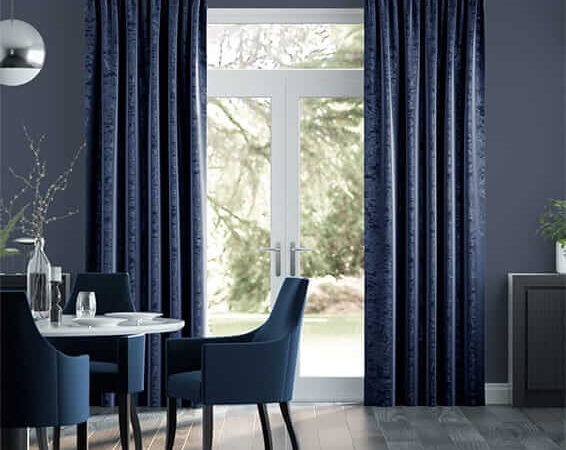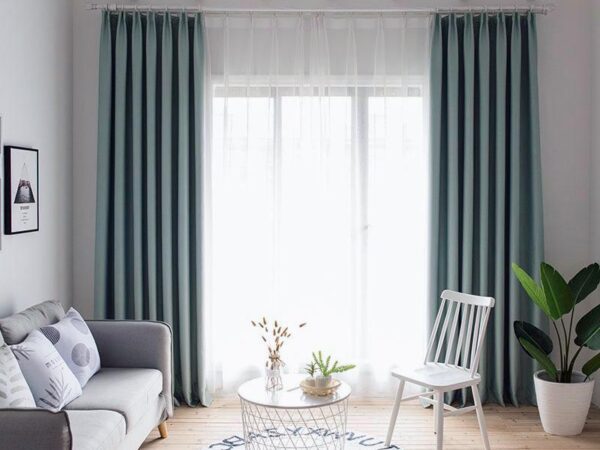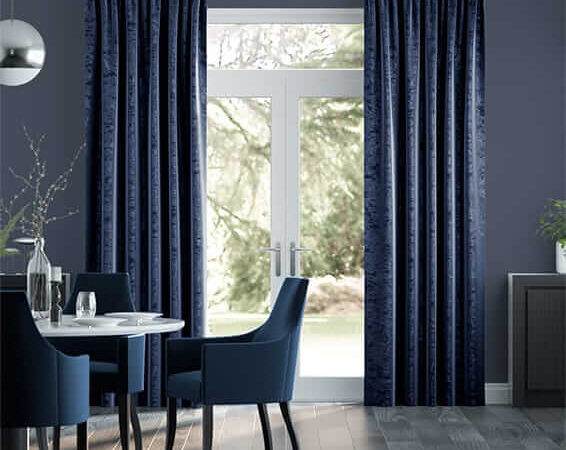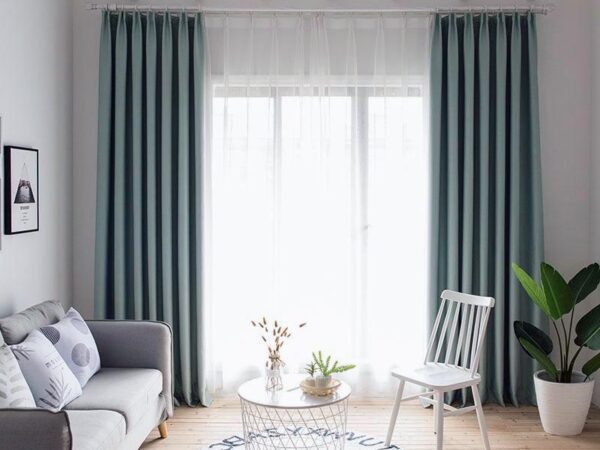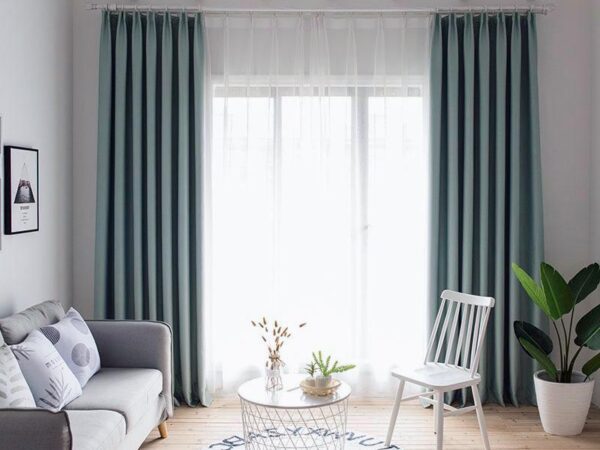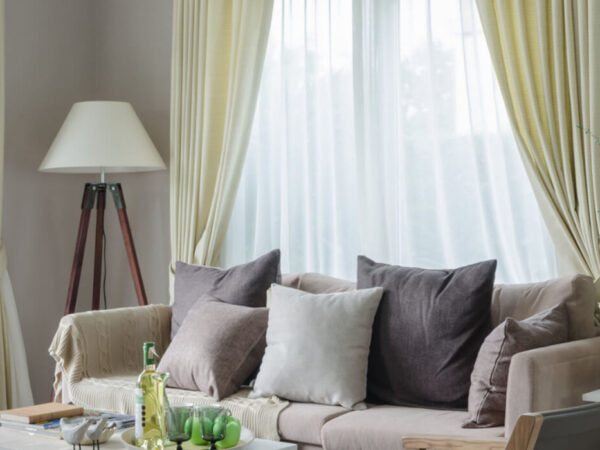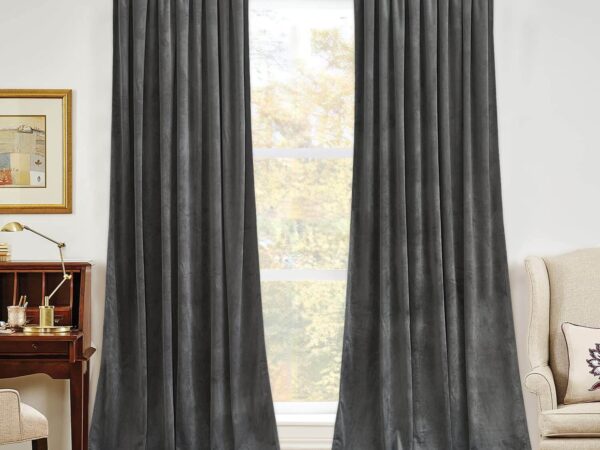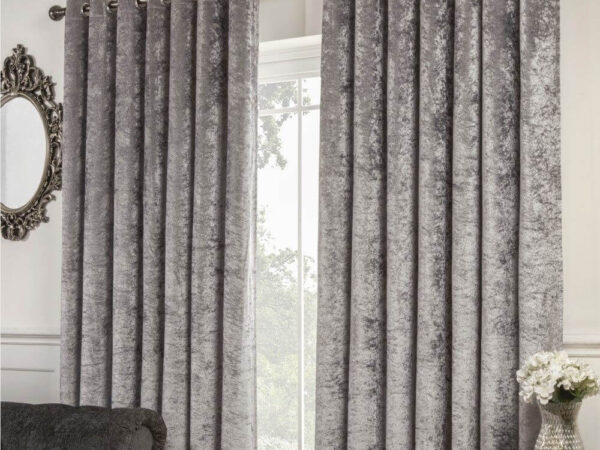Eco-Friendly Window Curtains: Sustainable Fabrics for a Greener Home
As the world embraces a greener lifestyle, the demand for sustainable home decor has skyrocketed. Window curtains Dubai, a vital element of any interior design, are no exception. By opting for eco-friendly curtains made from sustainable fabrics, you can reduce your carbon footprint, enhance your home’s aesthetics, and promote a healthier indoor environment. In this blog, we’ll explore the importance of eco-friendly curtains, the best sustainable materials, and how they contribute to a greener home.
Why Choose Eco-Friendly Curtains?
Switching to eco-friendly curtains isn’t just a trend; it’s a conscious step towards a sustainable lifestyle. Here are a few compelling reasons to make the change:
Environmental Impact: Traditional curtains are often made from synthetic materials like polyester, which require significant energy to produce and are non-biodegradable. Eco-friendly curtains, on the other hand, use natural or recycled materials that are less harmful to the environment.
Health Benefits: Many synthetic fabrics are treated with chemicals that can release volatile organic compounds (VOCs) into your home. Sustainable fabrics are typically free of harmful chemicals, ensuring better indoor air quality.
Aesthetic Appeal: Eco-friendly curtains come in a variety of textures, colors, and patterns, proving that sustainability doesn’t mean compromising on style.
Durability: Sustainable fabrics are often more durable than synthetic ones, making them a cost-effective choice in the long run.
Top Sustainable Fabrics for Window Curtains
When choosing eco-friendly curtains, the type of fabric plays a crucial role. Here are some of the best sustainable materials to consider:
Organic Cotton
Organic cotton is grown without the use of harmful pesticides or synthetic fertilizers, making it an environmentally friendly choice. Curtains made from organic cotton are breathable, lightweight, and versatile. They’re perfect for creating a cozy, natural vibe in any room.
Linen
Linen is a timeless fabric derived from the flax plant. It requires less water and energy to produce compared to conventional fabrics. Linen curtains are highly durable, biodegradable, and possess a unique texture that adds an elegant touch to your space. They also provide excellent insulation, helping to regulate indoor temperatures.
Hemp
Hemp is one of the most sustainable fabrics available. It grows rapidly, requires minimal water, and naturally resists pests. Hemp curtains are strong, long-lasting, and have a rustic charm. Additionally, they are highly resistant to UV rays, making them an excellent choice for sunny rooms.
Bamboo
Bamboo is a renewable resource that grows quickly without the need for pesticides. Bamboo fibers can be spun into soft, silky fabric ideal for window curtains. These curtains are not only eco-friendly but also antimicrobial, hypoallergenic, and moisture-wicking.
Recycled Materials
Curtains made from recycled fabrics, such as PET (recycled polyester) or upcycled textiles, are gaining popularity. These materials give a second life to discarded plastic bottles and old fabrics, reducing waste and conserving resources. Recycled curtains often mimic the look and feel of traditional fabrics, making them a stylish and sustainable option.
Tencel (Lyocell)
Tencel is a biodegradable fabric made from sustainably sourced wood pulp, usually from eucalyptus trees. It’s produced in a closed-loop process that minimizes waste and environmental impact. Tencel curtains are soft, durable, and have a luxurious sheen, making them ideal for modern interiors.
Eco-Friendly Dyeing and Finishing
Choosing sustainable fabrics is only part of the equation. The dyeing and finishing processes also play a significant role in the environmental impact of your curtains. Look for curtains dyed with natural or low-impact dyes that minimize water and chemical usage. Some brands also offer undyed options for a completely natural look.
Benefits of Eco-Friendly Curtains for Your Home
Energy Efficiency
Many sustainable curtains, such as those made from thick linen or hemp, provide excellent insulation. They help keep your home cool in the summer and warm in the winter, reducing your reliance on heating and cooling systems.
Improved Indoor Air Quality
Eco-friendly fabrics are free from harmful chemicals and VOCs, contributing to healthier indoor air quality. This is especially important for households with children, pets, or individuals with allergies.
Unique Aesthetic Appeal
Sustainable fabrics often have a natural texture and earthy tones that create a calming and sophisticated ambiance. From minimalist to rustic styles, these curtains can complement a wide range of interior design themes.
Contribution to a Circular Economy
By choosing recycled or upcycled curtains, you’re supporting a circular economy that prioritizes resource conservation and waste reduction.
Tips for Buying Eco-Friendly Curtains
Check Certifications: Look for certifications such as Global Organic Textile Standard (GOTS), OEKO-TEX®, or Fair Trade to ensure the fabric meets sustainability standards.
Research Brands: Support brands that are transparent about their sourcing, production, and environmental practices.
Consider Customization: Custom-made curtains can help minimize fabric waste and ensure a perfect fit for your windows.
Opt for Reusability: Choose curtains that are easy to clean and maintain, so they last for years without losing their appeal.
Caring for Your Sustainable Curtains
To maximize the lifespan of your eco-friendly curtains, follow these care tips:
- Regular Cleaning: Dust your curtains regularly and follow the manufacturer’s washing instructions.
- Avoid Harsh Detergents: Use mild, eco-friendly detergents to preserve the fabric’s integrity.
- Sun Protection: Prolonged exposure to direct sunlight can fade fabrics. Use blinds or sheer curtains to protect your main curtains.
Conclusion
Eco-friendly window Curtains Dubai are more than just a decor choice; they’re a statement of your commitment to sustainability. By opting for curtains made from organic cotton, linen, hemp, bamboo, or recycled materials, you can create a greener, healthier, and more stylish home. With the added benefits of energy efficiency and improved indoor air quality, sustainable curtains are an investment that pays off in multiple ways.

